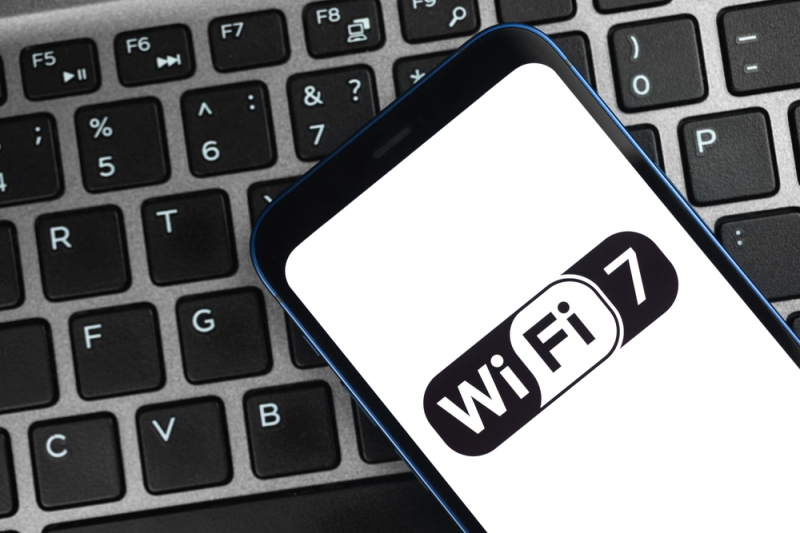Windows 11 does not yet support USB4 2.0 and USB4 2.0 and Wi-Fi 7, despite the fact that the first Wi-Fi 7 certified devices are already on the market. Microsoft has already begun to integrate support for the technology that Wi-Fi -Fi Alliance introduced last month.
Microsoft is currently testing Wi-Fi 7 support in Windows 11 Insider Preview Build 26063 on the Canary Channel. This testing phase is critical to ensure seamless integration and functionality of Wi-Fi 7 in the Windows 11 ecosystem. In addition to Wi-Fi 7, Microsoft also announced upcoming support for the USB4 specification version 2.0 in Windows 11, which promises to increase USB data transfer speeds by up to 80 Gbps via USB Type-C cables.
Wi-Fi 7, or IEEE 802.11be, boasts data transfer speeds of up to 40 Gbps, making it an attractive option for many users, potentially replacing traditional wired Ethernet connections. It achieves such speeds by using three frequency bands: 2.40 GHz, 5 GHz and 6 GHz, as well as expanding the channel width to 320 MHz and 4096-QAM modulation, reports Tom’s Hardware.
One of the important features of Wi-Fi 7 is support for multi-link operation (Multi-Link Operation, MLO), which significantly improves the distribution of traffic between channels. This results in increased throughput and improved reliability, providing a smoother, more stable wireless connection. In addition, the use of advanced 4096-QAM modulation technique contributes to a 20% increase in data transmission speed compared to 1024 QAM in Wi-Fi 6, further improving data transmission efficiency.
The competition for ITS authors continues. Write an article about the development of games, gaming and gaming devices and win a professional gaming wheel Logitech G923 Racing Wheel, or one of the low-profile gaming keyboards Logitech G815 LIGHTSYNC RGB Mechanical Gaming Keyboard!

